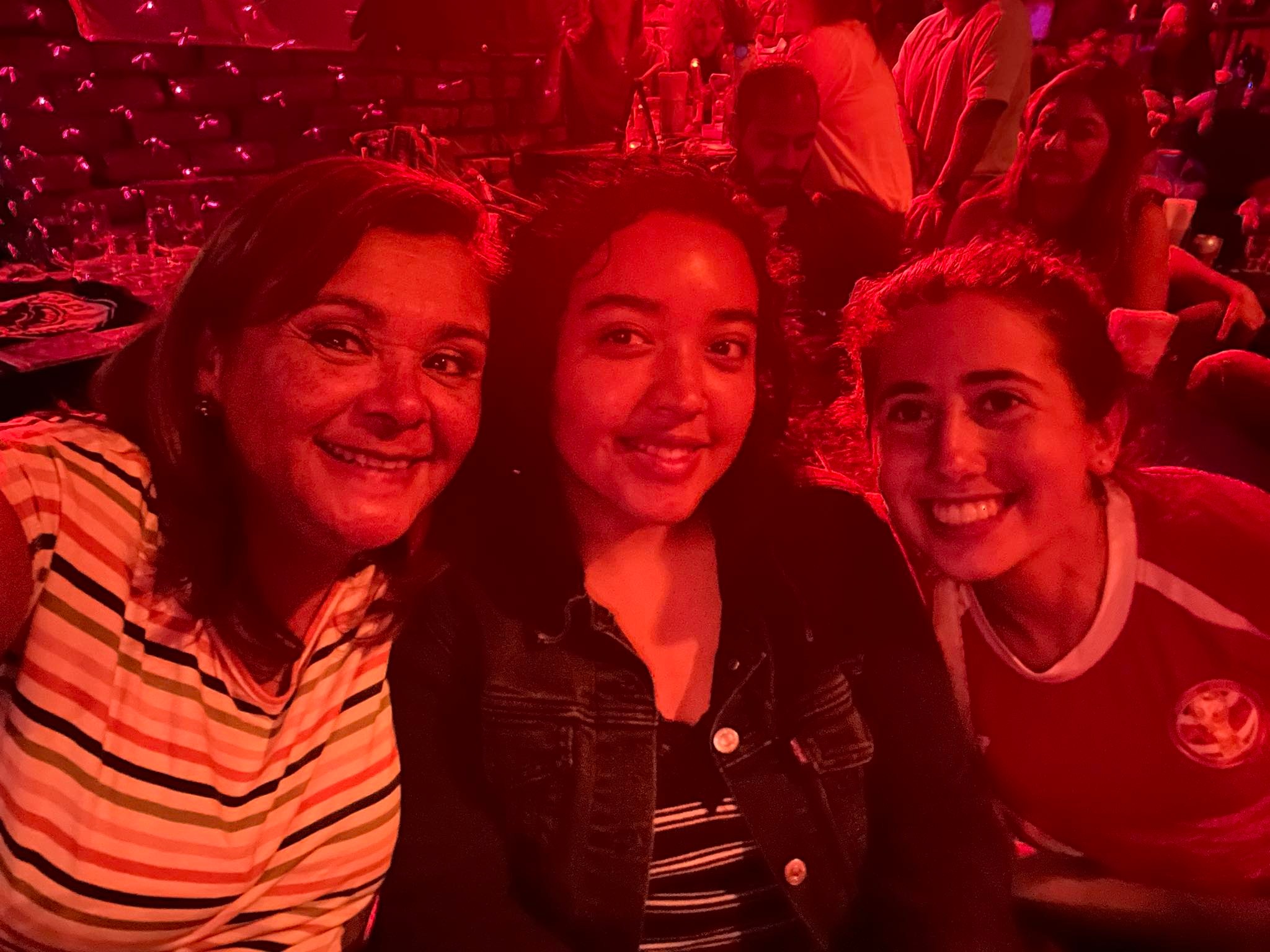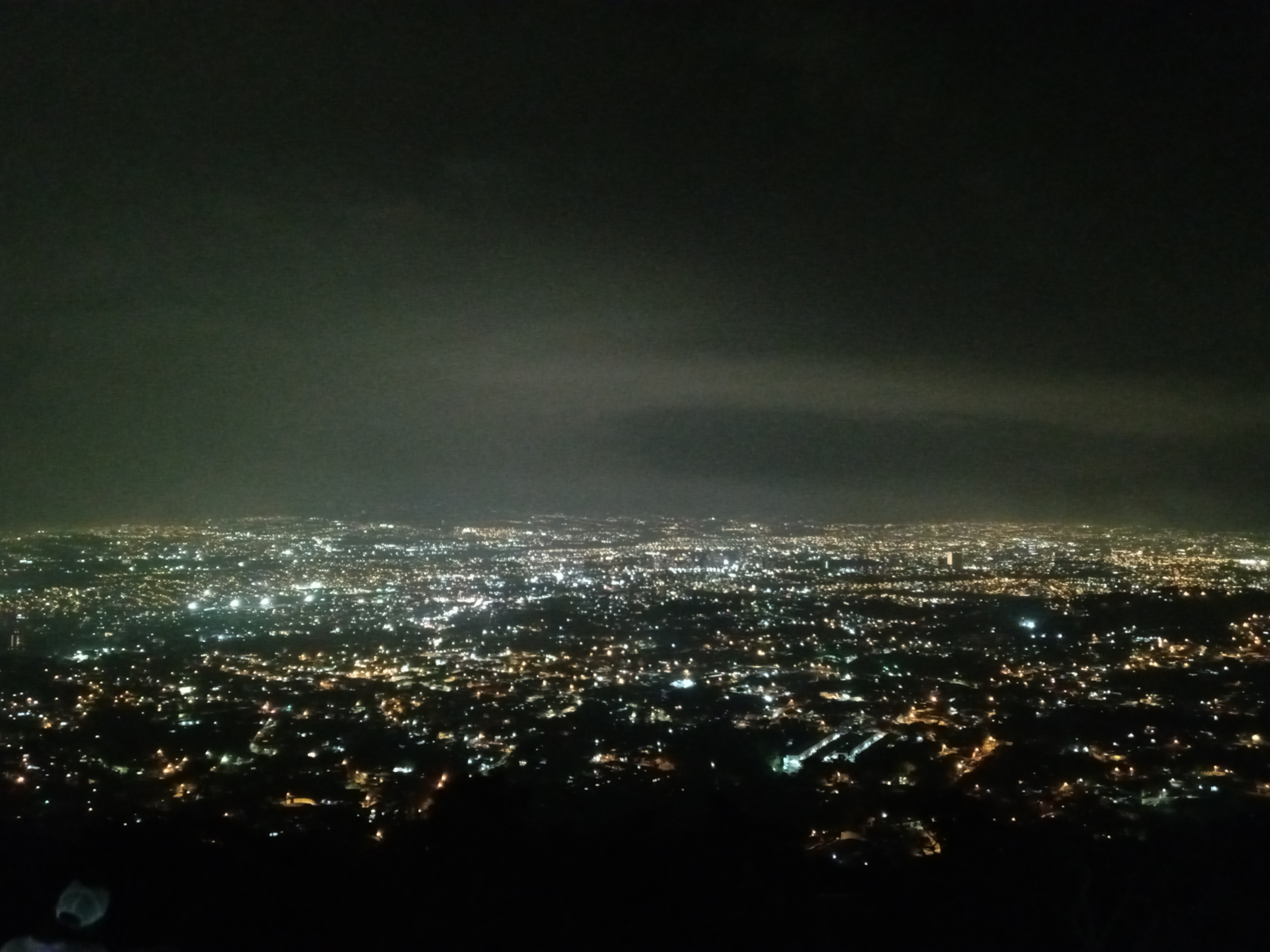
My identity Abroad
Countries
Regions
This time that I have spent away from home has allowed me the space to reflect a lot about how my life has been up to this point in time, as well as my identity. It’s safe to say that reflecting upon my identity is something that I have continuously found myself doing and that I will probably continue to do, but this experience while away has been completely different to other reflection points. To start, although I acknowledge I have a support system through new friends, host family, and my program while here, I am still on my own in a sense. I navigate everything around me independently and I have found a freedom within it that I enjoy. I spent most of my time out trying to explore my surroundings and doing my best to converse with locals or chat, be it for a simple question regarding directions. It has been very nice, and speaking in Spanish has allowed me to connect to a side of my identity that I had not known prior.
You see, I grew up identifying as “mexican” because I was born to Mexican parents and grew up surrounded by a rich and prideful Mexican culture in Little Village, Chicago, but the older I have gotten, the hazier it has been for me to identify with being “mexican”. To start, I was not born in Mexico, so in the technical sense, I am not “mexican mexican”, and I have found that it is very easy for people to pick up on that here in a Spanish speaking country.
My Spanish is pretty good, however I have been told that I use phrases and terminology typical of mexicans like “botonear” (snack) or “mande” when someone is asking a question (a way to say “what” or “que”, but more respectfully taking it as a command, like “yes, tell me”), BUT the way I pronounce things makes it somewhat easy to tell that I am from the US somehow. At first it made me wonder if that just meant my Spanish is not as good as I thought, but I think it has to do more with my pronunciations, and my stumbling for finding certain words quickly. Anyway, I believe my conversational Spanish has improved immensely while here.
It’s strange to reflect upon, but I had never really had thoughts in Spanish prior to being in Costa Rica. When I shared this with some study abroad friends, they couldn’t believe me since they themselves, despite having learned the language later on, had still had the experience of thinking in Spanish when learning it. For me however, growing up speaking it, my identity as a Spanish speaker mainly revolved around having to translate my thoughts or to converse with family. Very rare were the moments where I spoke to people my age in Spanish, and yet I was able to do so much of that in Costa Rica, to the point that I believe it helped me start associating the language with my own thoughts as a young adult. Perhaps that doesn’t make much sense, but in my head, Spanish exists beyond translations a bit more now: it also involves thoughts and ideas, expressions of feelings that I hadn’t really felt before.
To get back to my identity, I am mexican-american, or Chicana, or whatever label reflects the culture of growing up with a Mexican culture outside of Mexico. As an individual, I am prideful of that and appreciate the spaces I am able to navigate by being bilingual. This experience has allowed me to develop so much more as a bilingual speaker than I could have imagined, and I’m grateful for the experiences and conversations I was able to have. Hopefully I can continue with this skill level; who knows, I may pay a visit back sometime soon.

